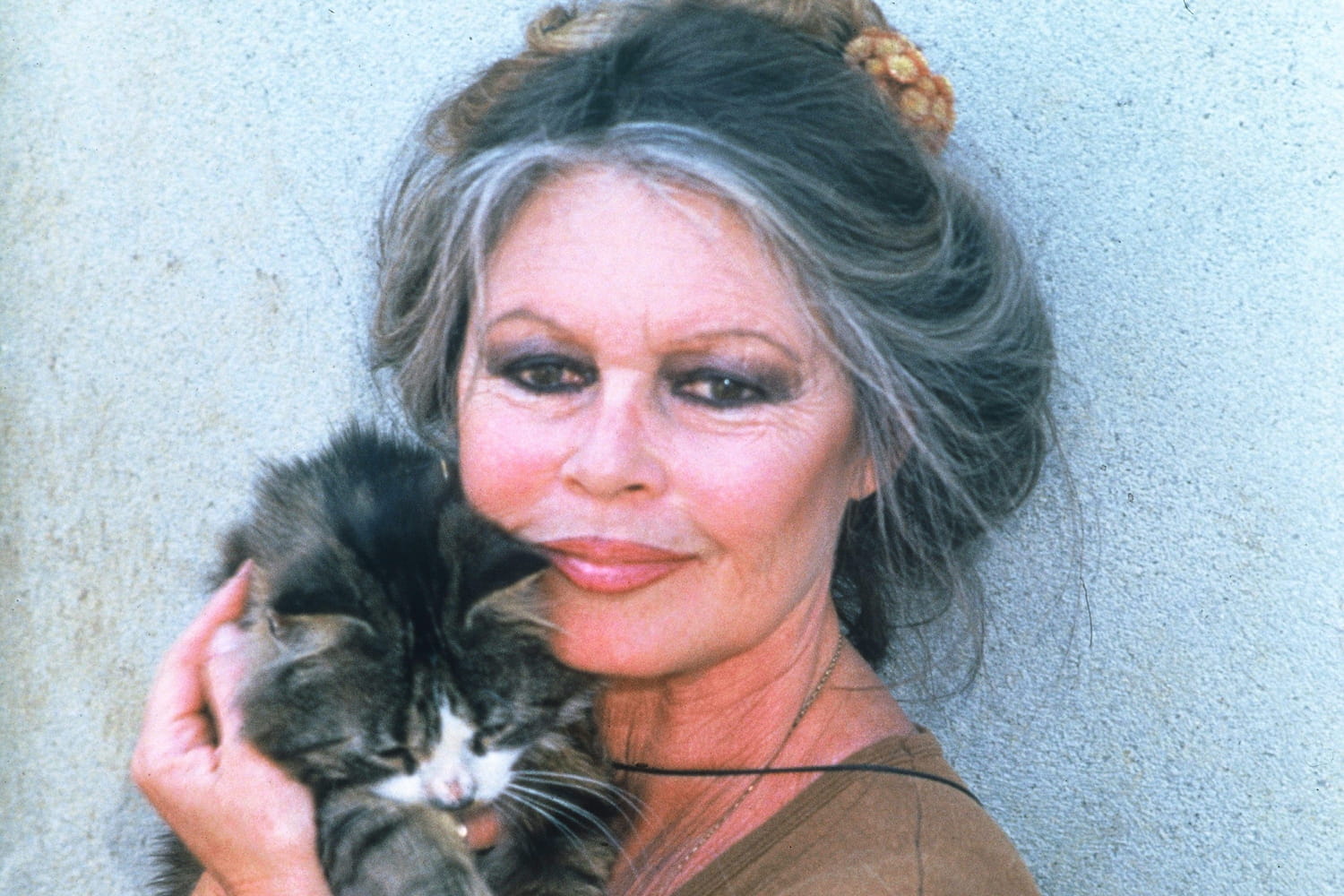No, it’s not just a feeling… Cats are really touchy, and can scowl at you if you don’t apologize. But of course, there’s no question of a simple “sorry”: here is advice from a veterinarian to help him forgive you.
All cat owners will say it (and all dog owners will have fun): felines are real “drama queens”. They exaggerate and dramatize everything, get offended over nothing… and sulk until they decide to forgive. Because yes, cats are not the type to move on so easily: they master the art of contempt like no other, and expect a real apology if their owner has had the nerve to offend them in any way.
There are situations in which cats are more likely to get angry than others. Of course, we know the classic medical check-up or the introduction of a new member into the home, but sometimes it’s enough to not feed him at the right time, to caress him with a little too much enthusiasm, or even… to make too much noise. Some will hide more than usual or refuse to play, for example, while others will express their discontent by becoming more aggressive, adopting tense body postures, or even voluntarily defecating outside their litter box. And this is where you need to know how to apologize!
First step: give the cat space. “If he’s still really upset, he’s unlikely to accept your attempts at calming down, and you risk making the situation worse.”explains veterinarian Rebecca MacMillan, with Purewow. Indeed, you have to wait a little while before trying to make amends. Even more so if the animal “whistles, spits or hits” with its paws: this means that you have to give it a little air. Same if he hides: he needs a moment alone to calm down first. “Never try to dislodge them from their hiding place, as this could stress them further“, warns the specialist.
To be forgiven gently, you have to start by calling him kindly. If he doesn’t come, you have to start again a few minutes later. And conversely, congratulate him if he comes closer. The key to getting a cat to give up? Above all, don’t insist. Forcing a hug or forcing a toy under his nose will not earn you forgiveness, quite the contrary. “Start by holding out your hand to see if he’s interested, before stroking his head and back.”advises Dr. MacMillan. And if the game is “a great way to build connections” and of “let off steam”your cat still needs to be willing to participate!
On the other hand, the veterinarian warns of a behavior that is best avoided, or at least kept as a very last resort: giving him treats. Indeed, this gesture should rather be associated with the reward for good behavior rather than to be forgiven for an error: the cat could take the treat and return to sulking in its corner, or worse, believe that you are rewarding it for its bad mood. Better to first try to regain His Majesty’s trust!









